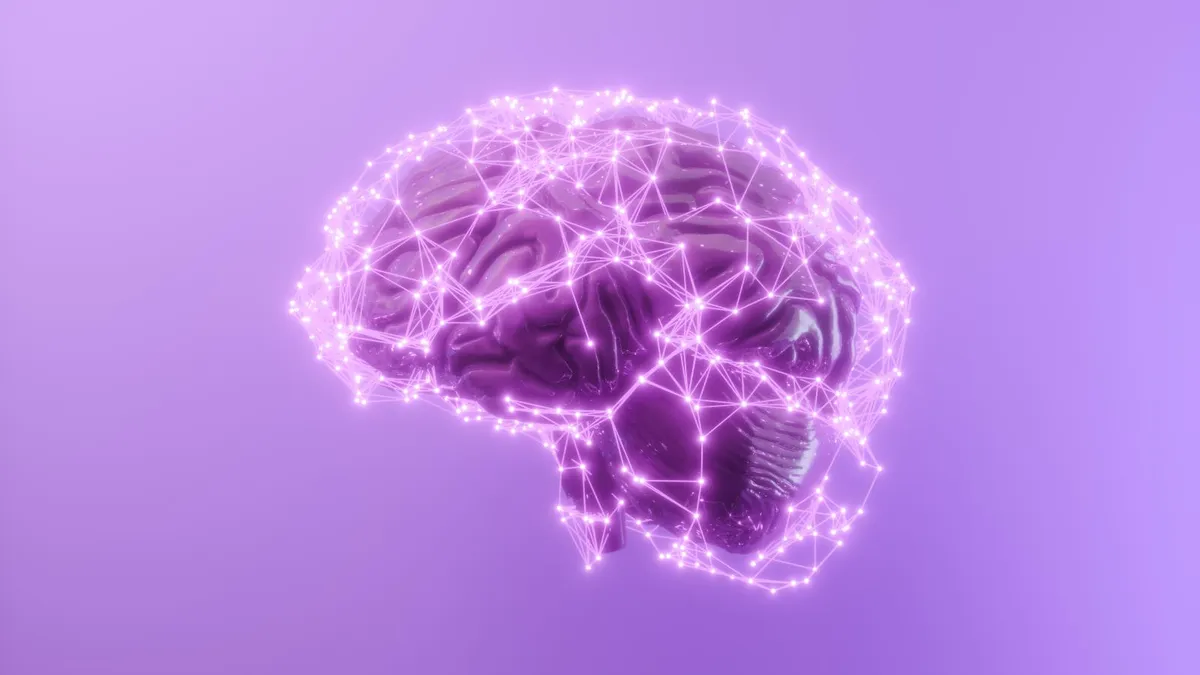
In his upcoming book, How to Change a Memory (Princeton University Press, 2025), renowned neuroscientist Steve Ramirez delves into groundbreaking research that suggests the possibility of altering memories. This article highlights the significant findings from his work, which involved manipulating memories in rodents by directly interacting with the brain.
Anxiety and stress are common experiences that many people face daily, yet they often remain invisible to others. We frequently find ourselves grappling with anxious thoughts: Will the job interviewer like me?, Should I study all night for tomorrow's exam?, and What should I say on my first date? These uncertainties can trigger biological responses that prepare us for various outcomes. While some level of concern is healthy, excessive stress can lead to mental health issues.
The individual nature of anxiety means that our experiences shape our triggers and responses. When these triggers disrupt our mood, thinking, and daily functioning, they can be classified as mental disorders. Ramirez shares his personal journey through anxiety, describing how his own stressors, coupled with his mother's struggles with panic attacks, fueled his desire to explore the complexities of memory and its influence on mental health.
In his final year of graduate school, Ramirez focused on a research project aimed at artificially activating positive memories to alleviate symptoms of anxiety and depression. This endeavor was not just scientific; it was deeply personal, inspired by his mother's battle with anxiety. The goal was to uncover new therapeutic strategies that could help others suffering from similar conditions.
Working alongside lab partner Xu Liu, Ramirez sought to determine whether it was possible to control memories in rodents by stimulating the brain. Their project was grounded in previous research by psychologist Barbara Fredrickson, which demonstrated that positive emotions could counteract the physiological effects of negative emotions. The undoing hypothesis posits that positive feelings can help regulate stress and improve overall well-being.
To test their hypothesis, Ramirez and Liu set up a sucrose preference test, utilizing a simple apparatus with two valves: one delivering sugar water and the other regular water. Healthy rodents generally prefer sugary fluids, while those displaying depression and anxiety-related behaviors tend to show no preference. As expected, the anxious rodents licked both valves randomly, demonstrating their lack of motivation.
Using optogenetics, the researchers were able to activate positive memories in the rodents' brains. By illuminating specific cells in the hippocampus with a deep-blue laser, they triggered a positive memory, akin to a modern-day Proustian madeleine. The results were remarkable; the mice, once apathetic, suddenly became motivated, eagerly consuming the sugar water as if rediscovering joy.
In subsequent experiments, Ramirez's undergraduate student Briana Chen found that reactivating positive memories twice a day over a week not only alleviated symptoms of anxiety and depression but also promoted the growth of new brain cells. This discovery revealed the profound impact of positive memories, showcasing their ability to provide both short- and long-term benefits.
Inspired by the Research Domain Criteria (RDoC) framework, the team aimed to utilize the biological advantages of positive memories to inform cognitive-behavioral approaches toward treating mental disorders. Ramirez's research reflects a personal mission to alleviate his mother's anxiety, demonstrating how positive memories could transform the experience of mental health challenges.
Ramirez emphasizes the importance of positive memories as potent biological tools that can be harnessed to combat anxiety and depression. He reflects on treasured moments shared with his mother, highlighting a particular experience from his teenage years in El Salvador. This memory, where they both took a leap of faith together, illustrates the complex interplay between fear and triumph, ultimately transforming a moment of dread into a cherished recollection.
As Ramirez's research advances, it opens up new avenues for understanding how we can potentially change our relationship with bad memories. The idea that we can train our brains to focus on positive experiences offers hope for those struggling with mental health issues, paving the way for innovative therapeutic strategies that could change lives.